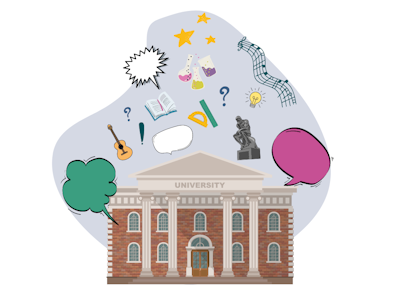EUROPASS AS A GUIDANCE TOOL
4. PUPILS AND STUDENTS IN PRIMARY AND SECONDARY EDUCATION
 In addition to their home environment, educational institutions play a key role in supporting their pupils/students in developing their career management skills and strengthening their informed career planning. Institutions can contribute to the career readiness of pupils/students and empower them to make a successful career choice, but it can also discourage them from planning their future career. Experiences in primary and secondary education strongly influence pupils'/students' self-efficacy and work motivation. One of the efficient methods school staff can use to help their students develop a strong sense of efficacy includes continuous analysis of their individual characteristics, skills and abilities.
In addition to their home environment, educational institutions play a key role in supporting their pupils/students in developing their career management skills and strengthening their informed career planning. Institutions can contribute to the career readiness of pupils/students and empower them to make a successful career choice, but it can also discourage them from planning their future career. Experiences in primary and secondary education strongly influence pupils'/students' self-efficacy and work motivation. One of the efficient methods school staff can use to help their students develop a strong sense of efficacy includes continuous analysis of their individual characteristics, skills and abilities.
Regardless of the student